
Michael Walsh / Asst. Entertainment Editor
Jacob Fred Jazz Odyssey has always been about exploring new boundaries and evolution. 2009, the group’s 15th anniversary, marks a new date in change for the abstract jazz group that is unlike anything you’ve ever heard before. In January, the new quartet, whose new album Winterwood is available free at www.jfjo.com, made its live debut in New York City at the Winter Jazzfest. In anticipation of the group’s show on April 18 at The Main Pub in Manchester I had the chance to speak with Jacob Fred’s only founding member still remaining, pianist Brian Haas, about new musical directions, where the unique sound came from and why he and the band are playing the best music of their lives
Michael Walsh: You’ve got two new albums, Winterwood with Jacob Fred Jazz Odyssey and one solo titled Petting Sounds, and you went digital with both and you went free with both, what were the reasons behind those tactics?
Brian Haas: Well you know it’s our 15th anniversary and we’ve been doing this for a really long time and have so much appreciation for our fans who have stuck with us for 15 years and who keep turning on other people to our music and our fans are the lifeblood of the band. Our fans turn just as many people on to Jacob Fred as we do. So basically the concept behind Winterwood and Petting Sounds was to give our fans a gift. But then it also has a double intention because we know that free music obviously is going to turn a lot more people on to our music and it definitely has. It has completely expanded our fan mail list. We’ve way over doubled our fan mail list in a little over a month. In addition to it being a gift to our fans it’s also in my opinion some really smart capitalism.
MW: In a follow-up to what you said to give back to the fans and reach new fans, did any of the reasons have to do with the economy?
BH: Oh absolutely, just the state of the music business with CD sales way down, digital downloads way down, that definitely influenced our capitalism for sure. When you’ve been doing this for 15 years like I have, you’ve seen the music business change so much in a short amount of time. It’s a constant challenge and it’s a constant goal to try to engage in creative capitalism and to try to do new things to gather new people listening to your new music.
MW: Now you guys are an ever-evolving band, you always change, so was there a different approach to the new album at all?
BH: Winterwood was a super unique record for us because we recorded it basically all at once with a few exceptions. We didn’t really do a lot of add-ons. We did tons of recording all at once and then spent about nine months after that actually refitting everything and reconfigurating and remixing and adding effects and stuff like that. It was different in that it was a super short recording process within a very long production process.
MW: How about you as a personal musician with your solo stuff? How does your personal approach separate you from others in the genre?
BH: Well I come from the Midwest, I come from Oklahoma, and I just have a really different take and language that I play on the piano. I definitely think there are a lot of young jazz pianists today that have certain things in common. I just feel like my voice is unique to me. I feel the same about a lot of the really great guys that are in my generation. You can always tell that it’s them. I can always tell when I’m listening to Jason Moran, I can always tell when I’m listening to Ethan Iverson, I can always tell when I’m listening to John Medeski. I feel like a lot of the people that are rising to the top right now in my generation are people like me that have really unique voices on the instrument.
MW: So do you have any inspirations that led to the unique voice you have?
BH: One of my main inspirations for the last year has definitely been the symphonies of Beethoven. It’s something we’ve been working on a lot. I definitely feel that my solo piano record Petting Sounds came out of all the work we had been doing on Beethoven’s third and sixth symphonies. I just feel like it’s an ambient approach to something that is so classical in nature. I sort of feel like that’s been one of my biggest influences for the pasts year. Not just the third and sixth, the ones we’re working on, but really all of them.
MW: This year you debuted a new lineup with Josh Raymer, Chris Combs and Matt Hayes. Did you know them previously?
BH: Josh Raymer has been with the band for about three and a half years, Chris Combs has been with the band since the beginning of last year and then Matt Hayes has been with the band since the end of the last year but yeah at the New York City Winter Jazzfest in January we debuted the new quartet. But in a lot of ways like I said Raymer had been with the band for three and a half years and then Combs started last year and Hayes started last year as well, so it’s something that was a long time in the making and all of these guys are younger than I am and they all grew up listening to my music. They were all listening to my music in late middle school and early high school. It’s something that was really gradual from my perspective but seemed really natural as well.
MW: So it was a new experience for you? Because Reed Mathis left the band and he had been with you since you guys started.
BH: Reed and I were the last two original members. I think I saw a list online somewhere, I think the band has had like sixteen or seventeen members in 15 years or so.
MW: Yeah Wikipedia has a huge list of guys that have been in the band. I know they’ve been around for a few years now but how does the new lineup compare to other formations and do Raymer, Combs and Hayes bring new things to the table that might help expand your music?
BH: Absolutely. I feel like Reed and I and just the trio for the last few years haven’t really been playing the best music of our lives. I feel like it’s been a little more inconsistent with the trio and I just feel like there’s a lot more consistency now and a lot more passion and just a lot more connectivity in a way. It’s kind of hard to put into words but I definitely feel like the band is sounding better than it has ever sounded. If I didn’t feel like that I don’t think I’d be touring it I’d probably hang out in Tulsa and rehearse a lot to get it sounding to a point where it’s sounding at least as good but I definitely feel like Jacob Fred is playing the best music it has ever played in the life of the band.
MW: Did Reed leave because it was just time for a change?
BH: Oh yeah it was a real gradual, natural and organic thing. We had been in the process of moving that way for about four years. It might have looked sudden from the outside but from the inside it was something that was so natural and so easy. It was a very mutual thing. He didn’t really leave and he wasn’t really fired. It was kind of a mutual psychic experience that happened on one day. I was sending some text messages and he was sending an email and we were just on the same page at the same time. It was almost boring. There really wasn’t that much to do it. There wasn’t really any drama and there wasn’t really any discussion. It was just time to move forward. I really feel like we’ve grown apart musically and personally and I think that’s really natural. I think we all do that with all of our friends and loved ones and husbands and wives. It just seemed like a real, slow gradual process that just seemed really easy and natural.
MW: I guess that’s the way you want it to happen if it’s got to happen.
BH: Oh yeah I mean was so ready. I was ready for that day.
MW: You’ve played with a lot of different artists and have opened for a lot of different artists like Les Claypool who is one of my personal favorites, so I was wondering if any of them stand out to you for any reason?
BH: I was even lucky enough to play in his band for five shows.
MW: Oh yeah, which band was that?
BH: Well Skerik couldn’t make some shows so it would have been the Frog Brigade. Skerik missed like five shows.
MW: Do you know Skerik well?
BH: Oh yeah he’s one of my best friends.
MW: I’ve seen videos of him recording on some Les Claypool tracks and he seems to be one of the funniest and coolest guys around.
BH: Yeah Skerik has one of the best personalities of anybody in the business. He’s super unique and super positive and he’s just a total genius. Skerik couldn’t make five gigs and Les Claypool just said well then who can be Skerik and he was like oh it’s going to have to be Brian Haas. I play piano and Skerik plays sax so it was pretty interesting so I just played with lots of effects. I mean in some ways everybody is my hero. It just depends on what night I might hear them. You know what I mean? Sometimes I might hear somebody and they just blow my mind and change my life and then I might go and hear that same band two weeks and it does nothing for me. I think the reason my music keeps at such a rapid rate and I keep evolving at such a rapid rate is because I’m really non-judgmental and I’m really open to a wide variety of styles and textures in everything that’s going on around me.
MW: You said you have a vast taste in music and you always like different things. JFJO has covered songs from artists like Bjork and Jimi Hendrix and Neil Young, so does that all play into it?
BH: Oh absolutely, I mean that record (The Sameness of the Difference) was specifically this genius producer’s idea because he had been hearing us play a lot and he didn’t understand our music until he heard us playing jazz standards. So then he said hey why don’t you do jazz standards and then a bunch of other standards and do contemporary standards. And we were like oh cool we’ve been wanting to play this song we’ve been wanting to play that song, so it really turned out a lot better than we thought. But we’re working on some of the music off of Vampire Weekend’s new record. I do consider what we do to be within the jazz idiom and I’m proud to be apart of a jazz band but at the same time just because we’re a jazz band doesn’t mean we’re limited by any genre or anything. I know it’s really trendy in this day and age to say no it’s not a jazz band don’t put a genre on me well you know I’m proud that I play in a jazz band and what I’m doing is furthering something that was started in America. At the same time I don’t want to be limited by it. We just stay really, really open to all different styles of music and it’s just cause we genuinely love all those different styles. When I was a kid all I listened to was classical music. I didn’t even discover Hendrix until I was 16 years old, so it’s the kind of thing where I had a really great background in music and grew up playing music from basically age two on and got to be exposed to lots of music and I pretty much just love all music. If you’re making music it’s definitely better than making bombs and pharmaceuticals.
MW: You guys have been touring pretty much the whole United States this year. What has gone well and what can fans expect if they come out to one of your shows this year?
BH: Definitely some of the most unique jazz they’ve ever heard in their lives. The new band is super influenced by the Tulsa sound. The Tulsa sound is characterized by artists like Leon Russell, JJ Cale, and early Eric Clapton when he was living in Tulsa in the early 70’s. Our jazz just has a really strong Americana twang to it in a lot of ways. Our guitarist Chris Combs, he only plays guitar on maybe one or two songs, he mostly plays lap steel the entire night. And then Matt Hayes plays upright bass and he plays double bass. He only plays acoustic bass he never plays electric. I just think it’s some of the easiest music you could ever try to listen to. It’s challenging spiritually but sonically it’s really easy to listen to.
MW: What does the band have on the horizon after this tour?
BH: We go back to Europe in November. We are touring the entire year. We’ve already done the west coast once. We’re about to do the Midwest and east coast. We’re looking forward to that. It’s going to be a four and a half week run. We’re on the road all of June. We’re doing a festival at the beginning of June and then two nights in Kansas City and then we jump across to San Francisco and two nights in Berkeley and then we jump back to Colorado and we do five nights there. Then we’re home for a second and then we play one of the biggest festivals in the Midwest which is called Diversifest which is actually in Tulsa. Last year almost 100,000 people showed up. We just have a really, really busy year. In August we’ll return to the west coast again and then October is east coast and November is Europe so the year is pretty much plotted out.
MW: Yeah you seem busy but it should be fun for you guys.
BH: Absolutely, I love all the guys I’m playing with. It’s like effortless. Two of the guys are 23, one of them is 25 and I’m 35. All these guys grew up listening to my music so in some ways they actually speak the language better than I do.
MW: So yeah it’s got to be a little rejuvenating for you huh?
BH: Oh man it’s so inspiring I can’t even tell. That’s one of the reasons I’m playing the best music of my life is cause I’m surrounded by these young, just vigorous super intense cats. It’s interesting because when you hear them talk about Jacob Fred from their perspective it’s theirs, it’s their band. I always hear them talking about it and I’ll hear them talking about it when I’m not around and from their perspective it’s their thing. From their perspective they created it and they’re the reason the band sounds so great and I love to hear them talking like that because it express equal ownership.
MW: Well that’s all I’ve got for you in terms of specific questions, do you have anything else you’d like to add?
BH: Just that I’m looking forward to playing that room in Manchester. It’s a totally fun club man we always have great shows there and I just encourage everybody to come out because it’s a really intimate room and it’d be a great way to spend a Saturday night.



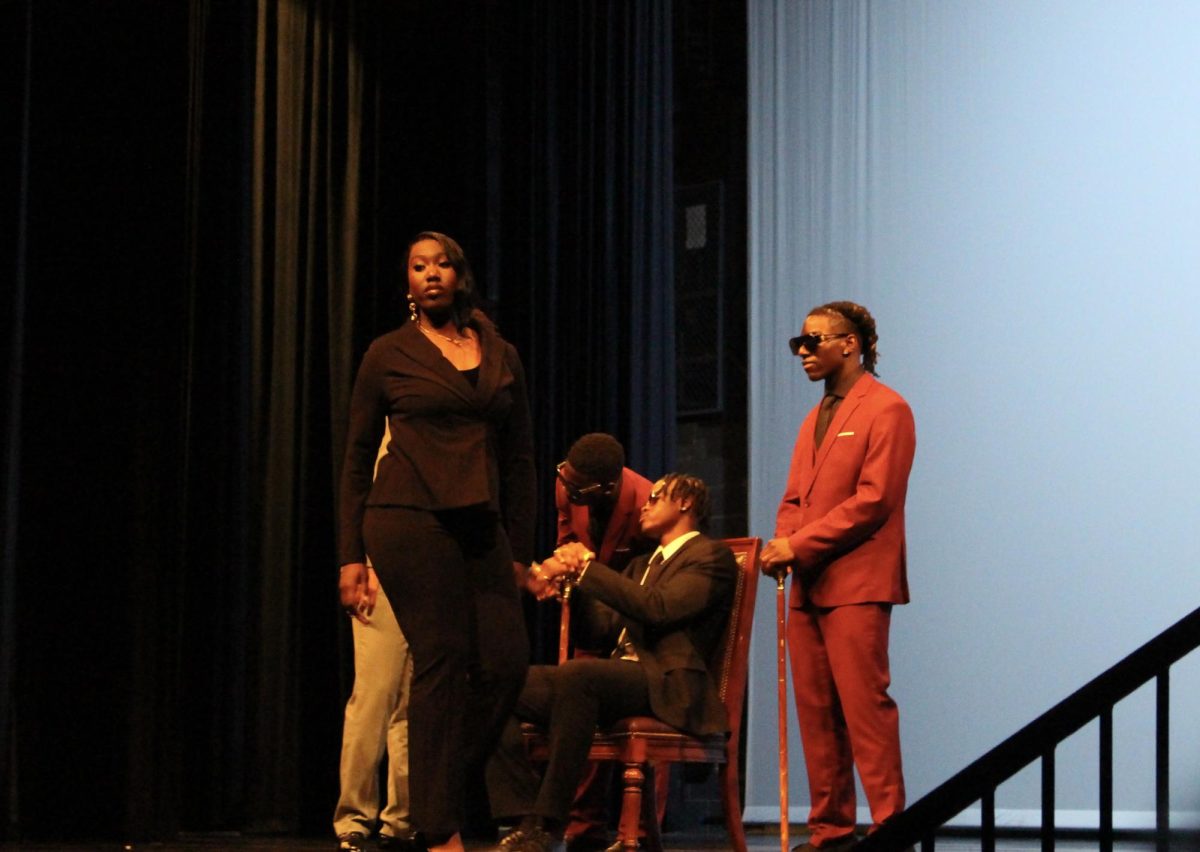
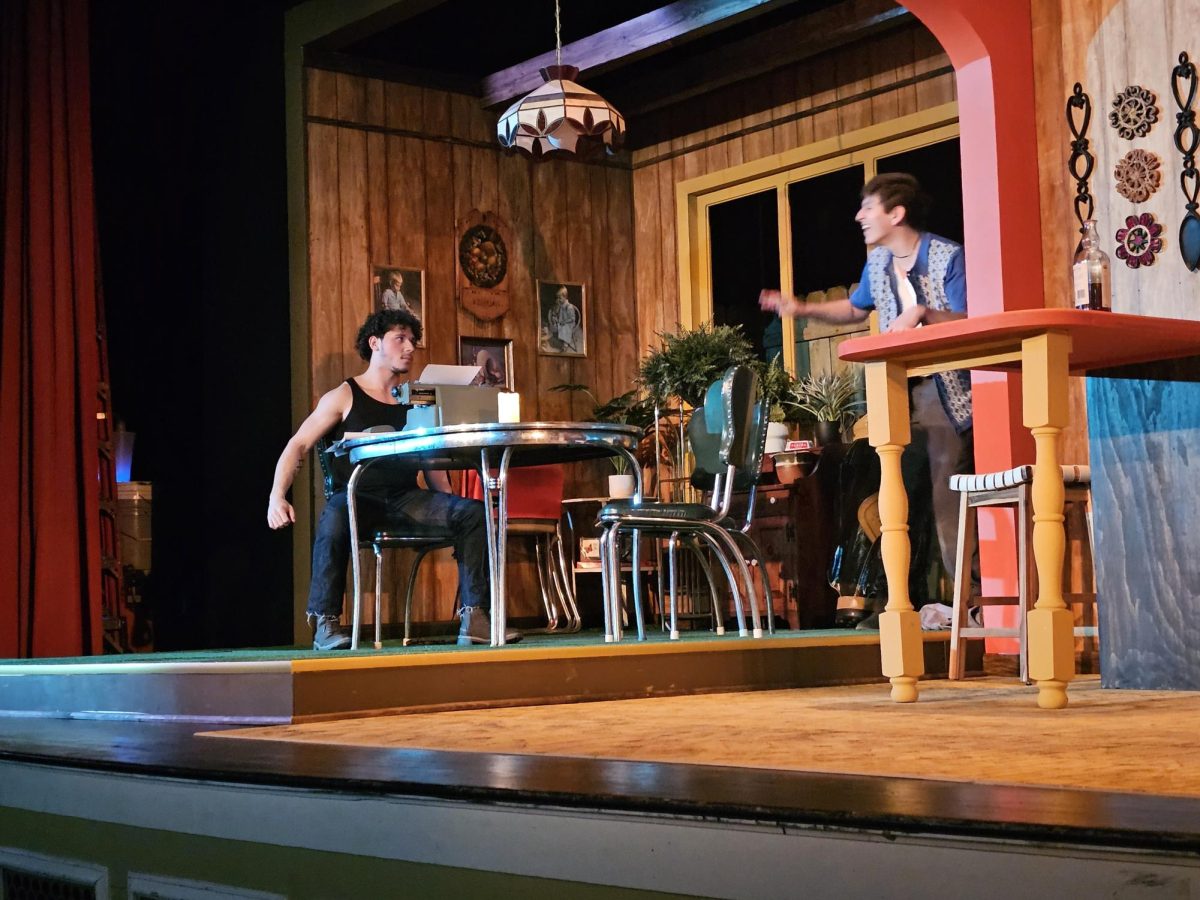


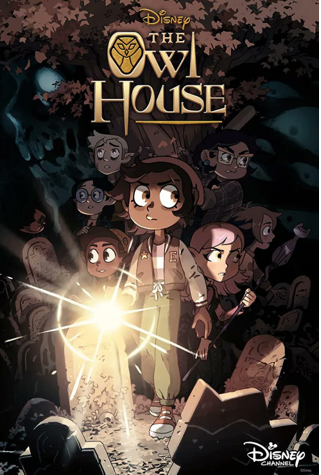
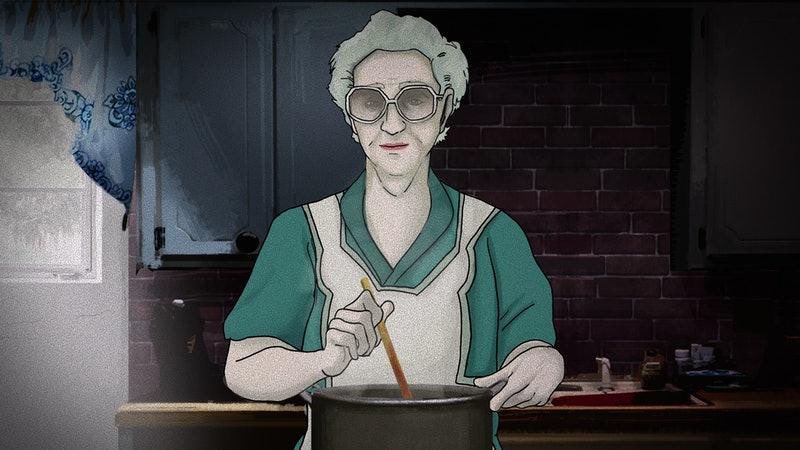
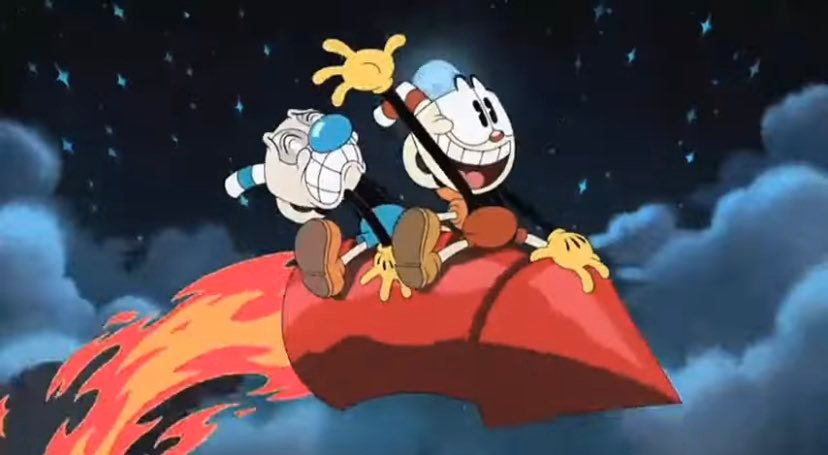
Jim Duggan • Apr 15, 2009 at 5:31 pm
tl;dr